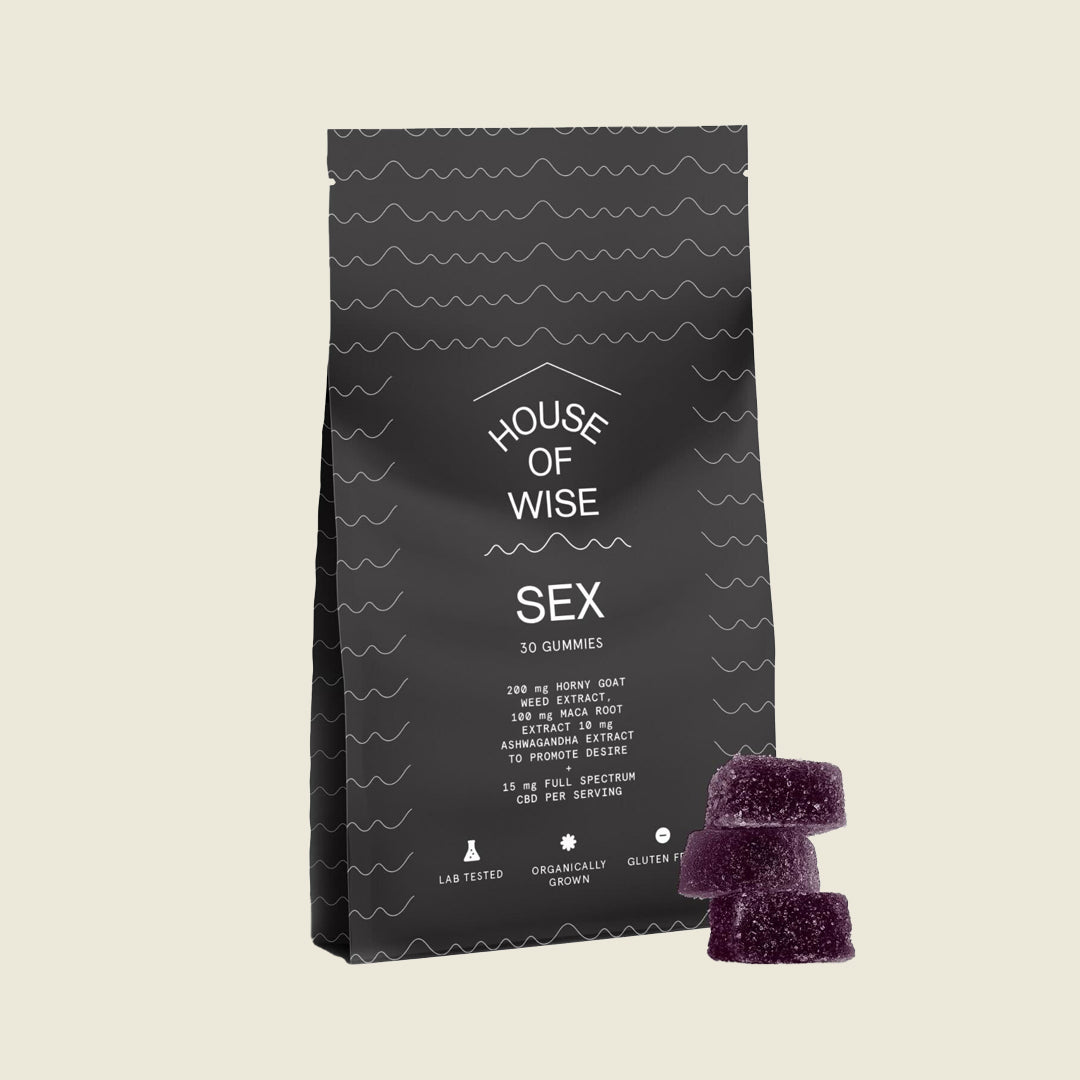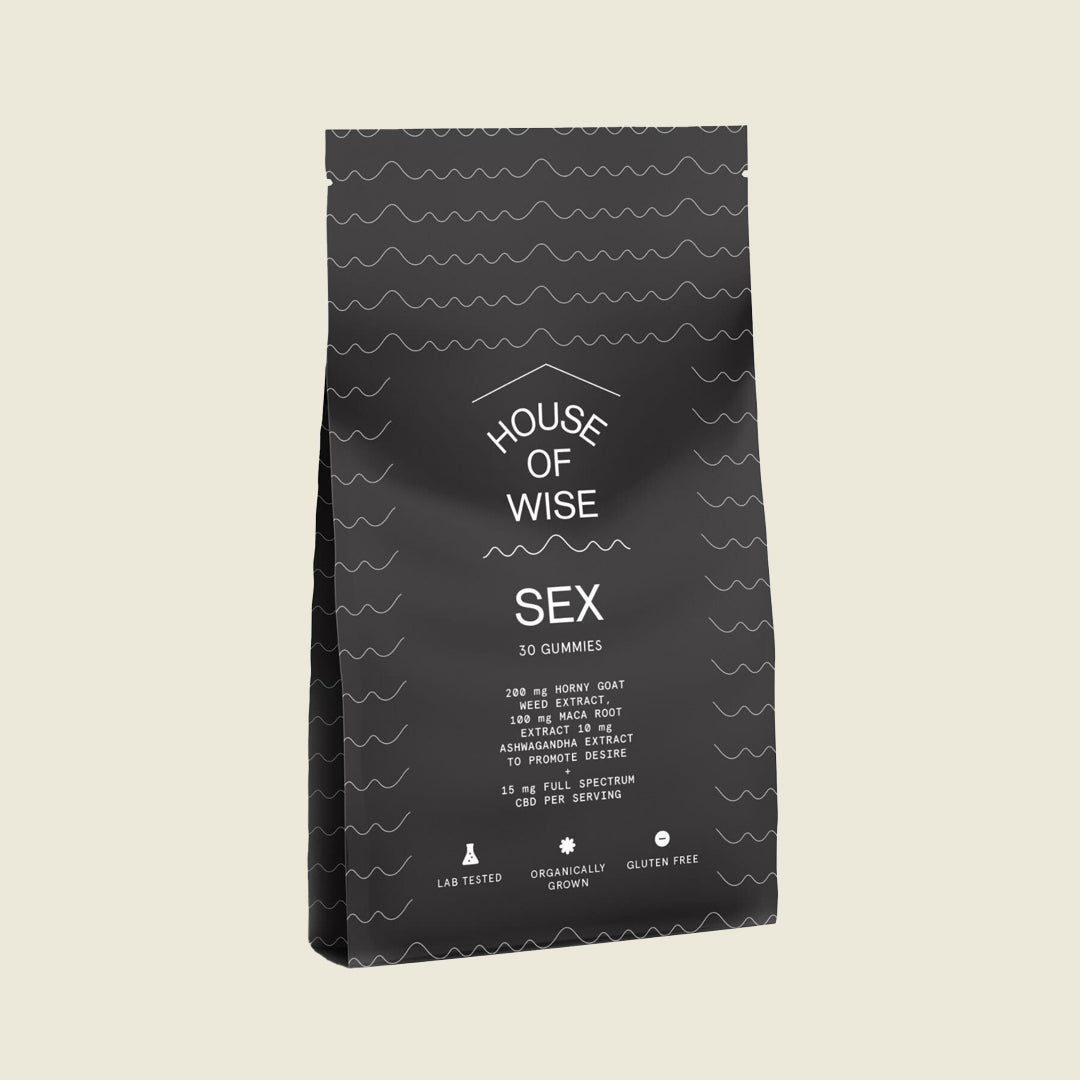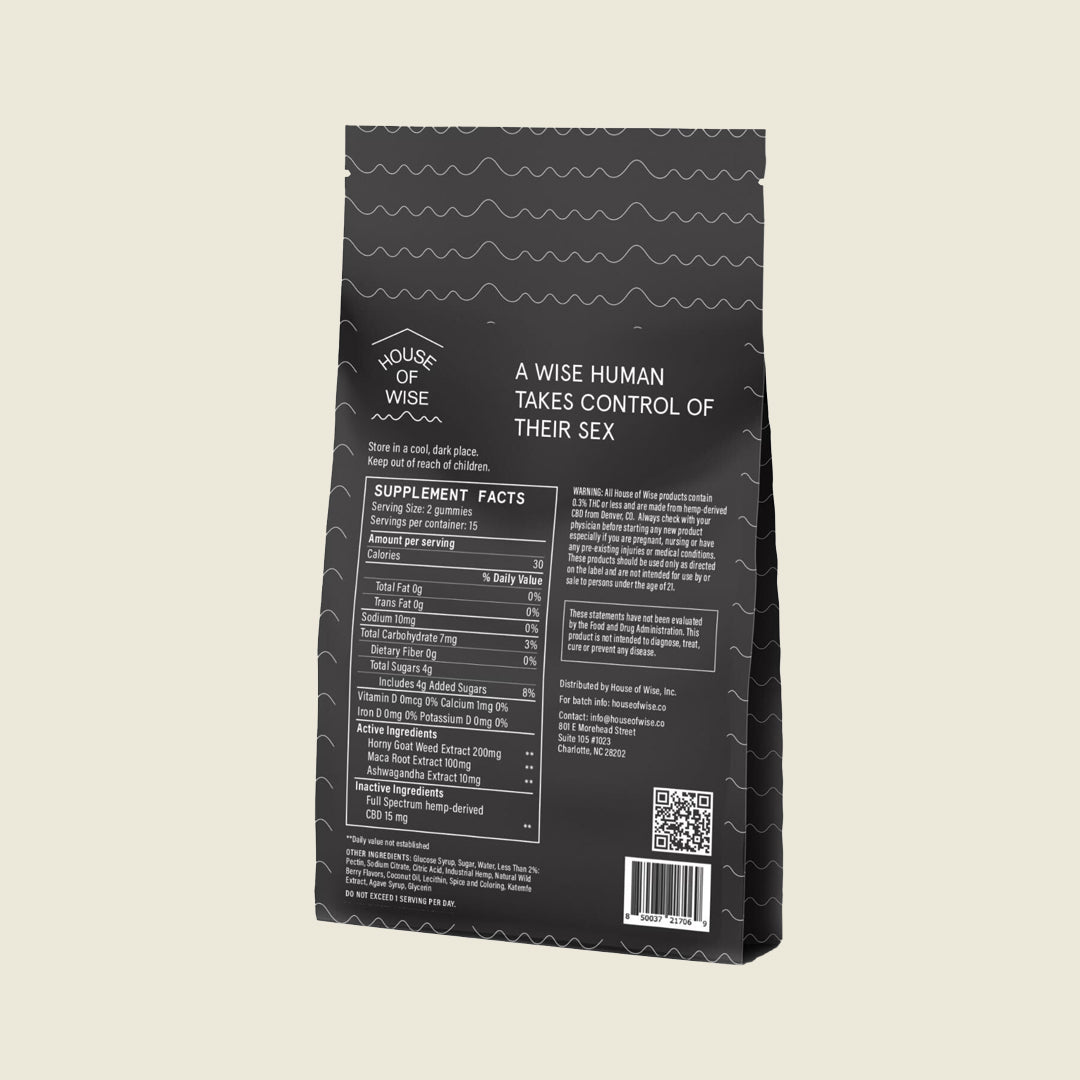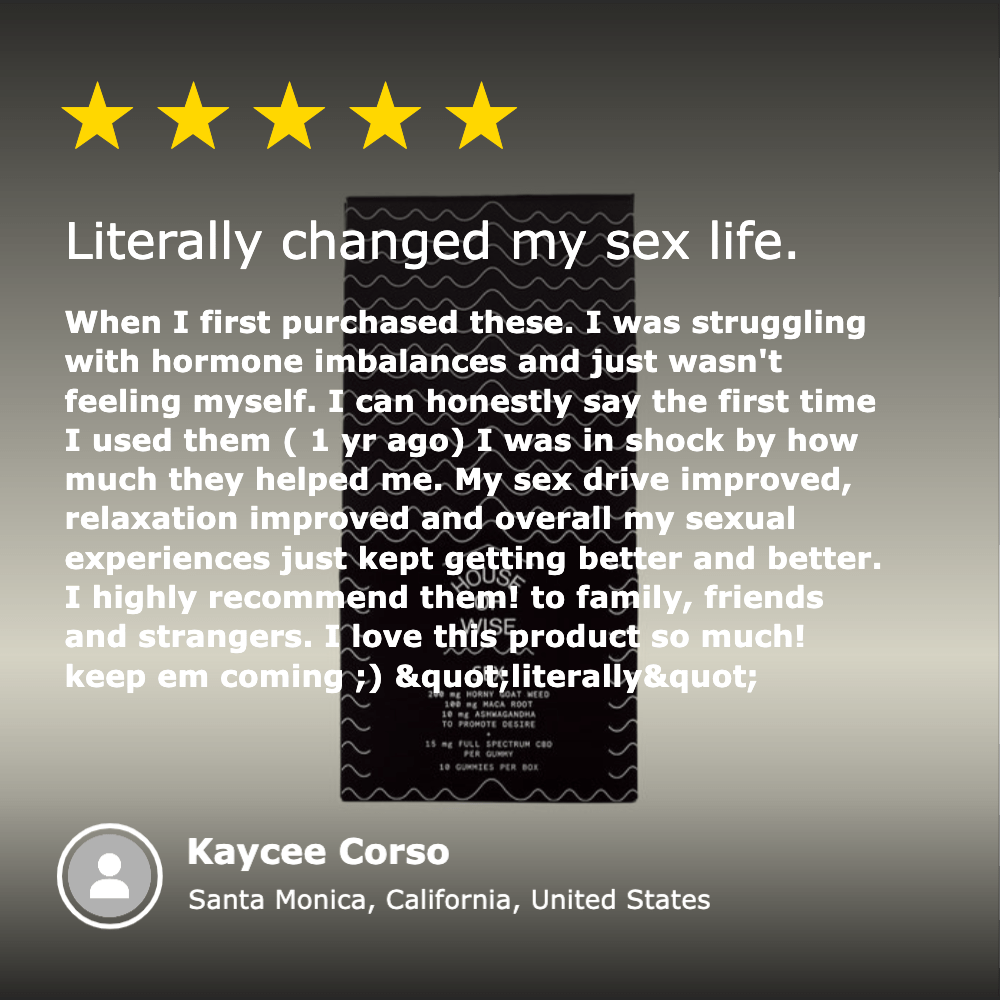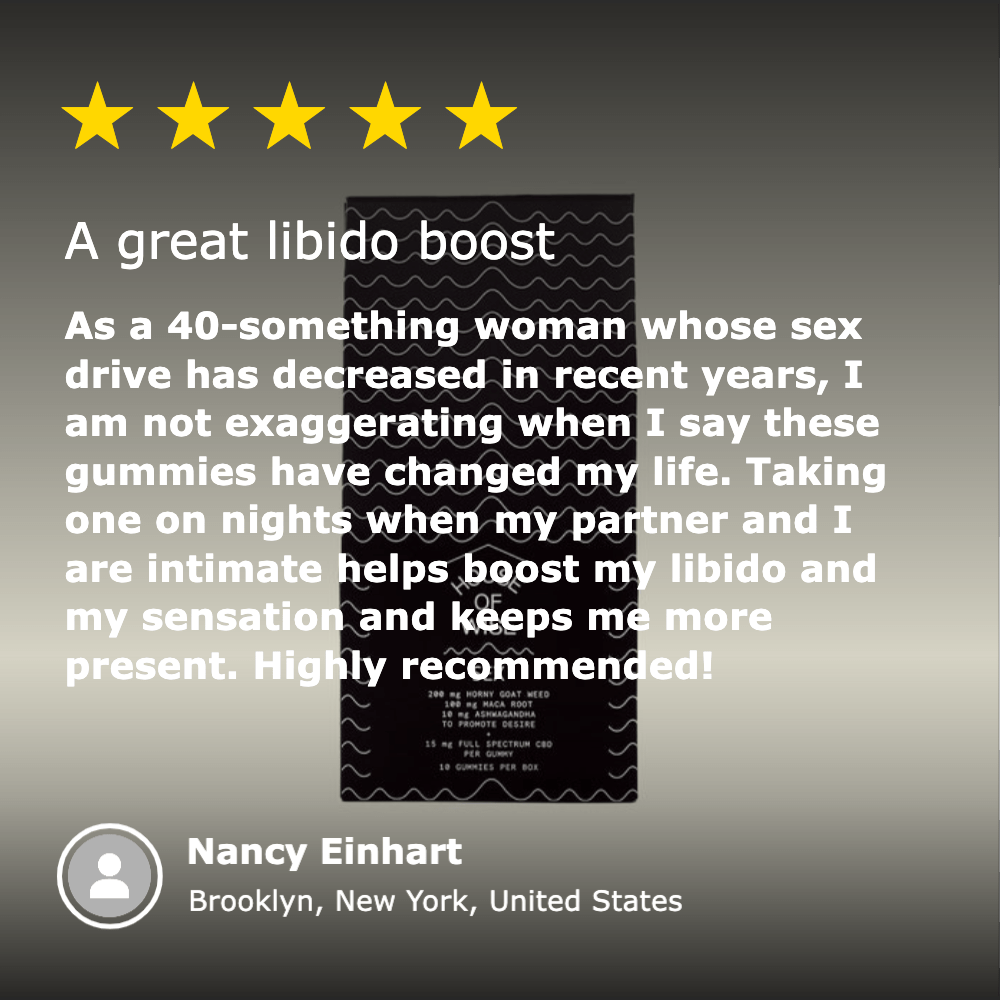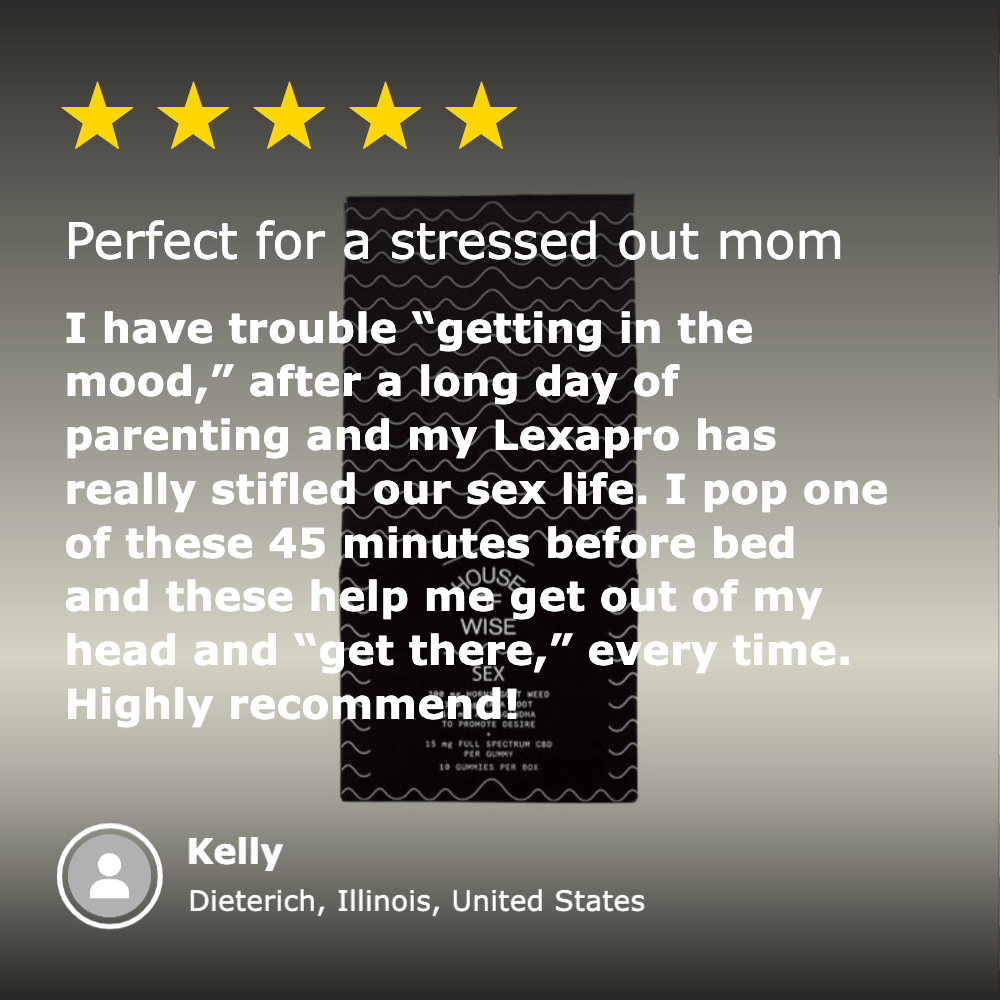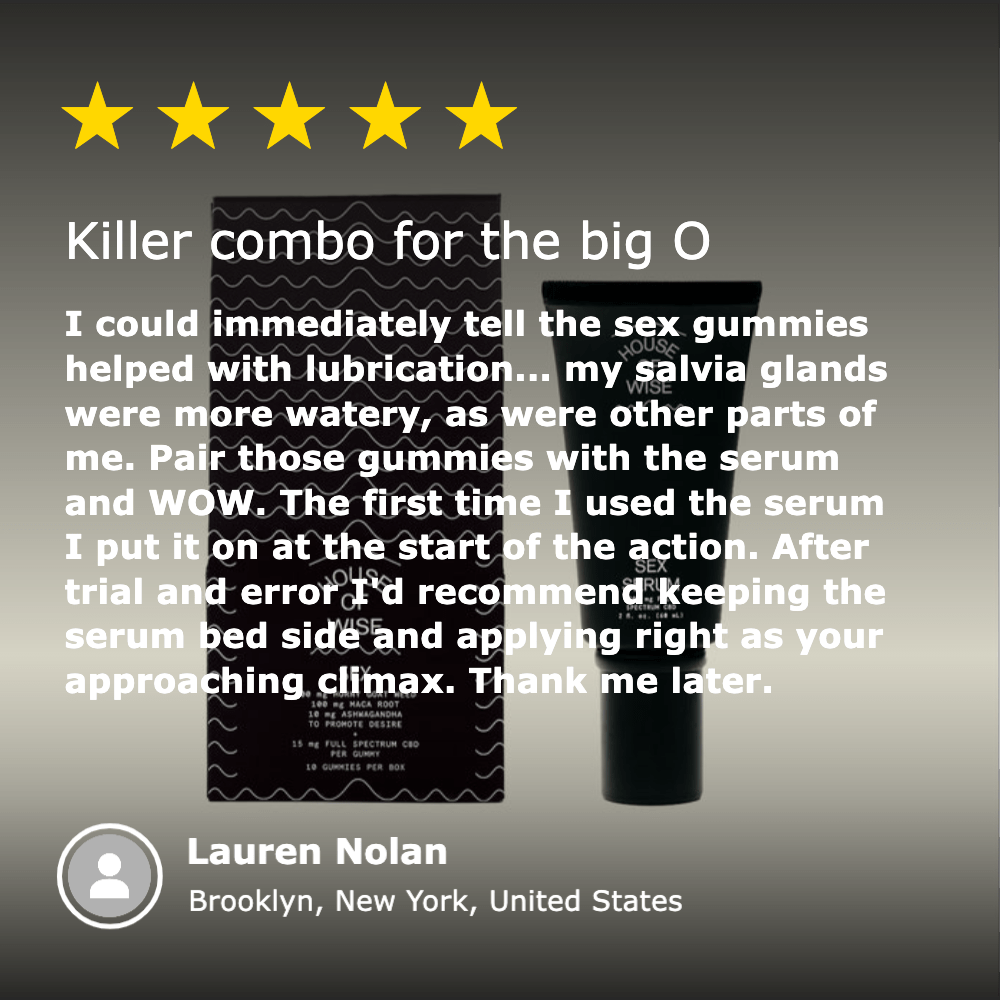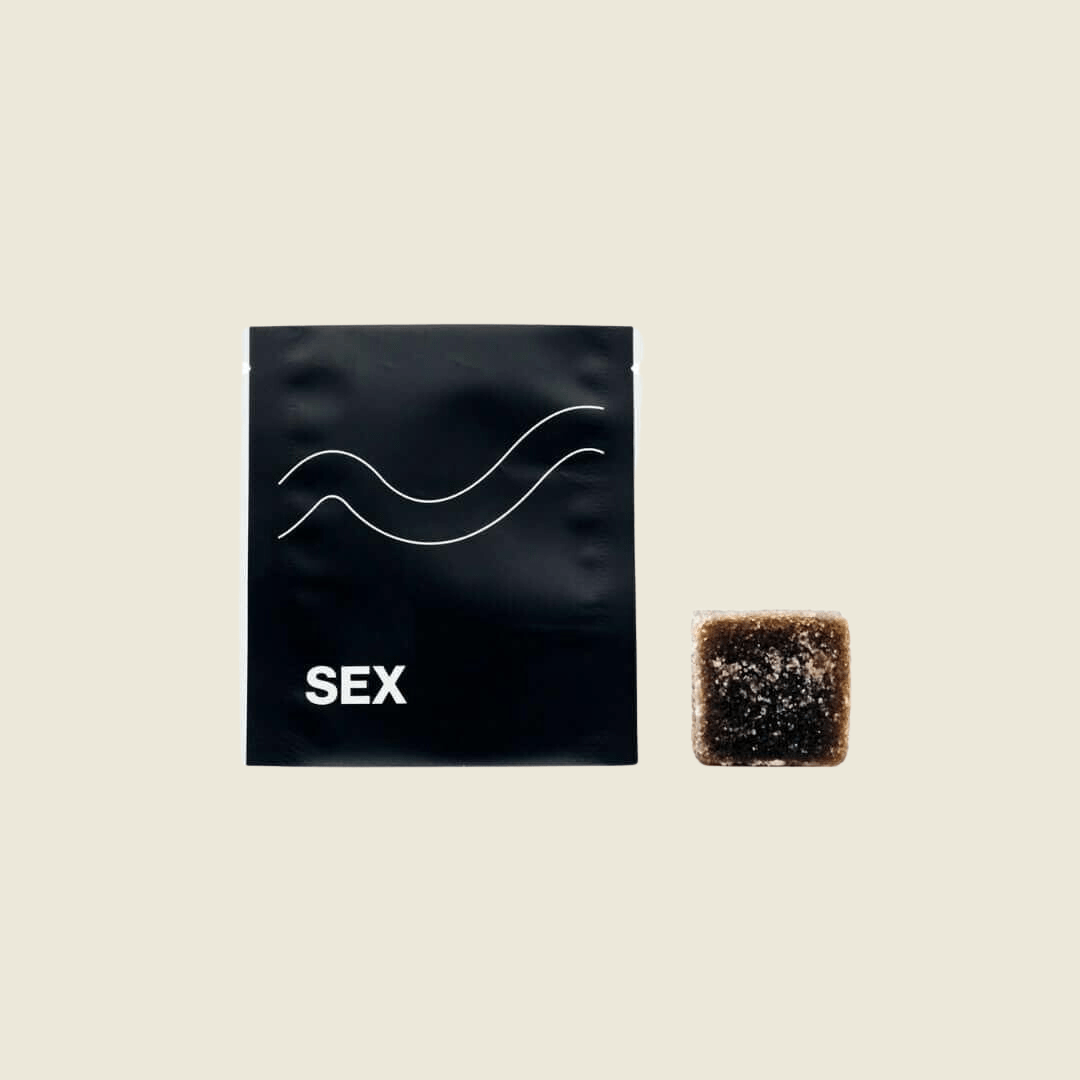Sex Gummies
Sex Gummies
★★★★★ 4.5/5
Couldn't load pickup availability
New Look & Feel - Same Formula: Enhance Intimacy & Heighten Sensation with Our Sex Gummies
Elevate your intimate experiences with House of Wise Sex Gummies. These delicious gummies are expertly formulated to boost desire, improve blood flow, and increase sensitivity. Each serving contains a potent blend of 200mg of Horny Goat Weed extract, 100mg of Maca Root extract, 10mg of Ashwagandha extract, and 15mg of full-spectrum hemp-derived CBD, crafted to enhance your pleasure.
Conveniently dosed and packaged, they're perfect for on-the-go enjoyment. Whether you're looking to reignite passion in your relationship or elevate your solo play, these gummies are the ideal addition to your routine.
Made with care from high-quality ingredients, House of Wise CBD Sex Gummies (also known as Seggs Gummies) are legal, safe, and effective. Ready to elevate your intimate experiences? Try them today!
Want to incorporate libido support into your daily life? Check out our Daily Libido Gummies and boost your desire naturally.
Note: This product is not intended to replicate effects like Viagra or increase penis size.
Disclaimer
Disclaimer
*All House of Wise CBD products contain 0.3% THC or less and are made from hemp-derived CBD from Denver, CO. These products have not been evaluated by the Food and Drug Administration (FDA). House of Wise provides no medical advice and our products are not intended to diagnose, treat or cure any disease. Always check with your physician before starting any new product especially if you are pregnant, nursing or have any pre-existing injuries or medical conditions.
*Do not drive or operate heavy machinery after taking SLEEP drops. Will cause drowsiness.
Each batch is third-party tested and independently verified.
CA Prop 65 WARNING: Cancer and Reproductive Harm – www.P65Warnings.ca.gov.
Shipping & Returns
Shipping & Returns
All orders ship within 1-2 business days. Keep in mind we do not ship USPS or UPS on weekends or holidays.
If you've got questions or feedback for House of Wise, please let us know at info@houseofwise.co.
------
The customer is responsible for return shipping costs. When the product is received by House of Wise, we will process a refund. We accept returns for unopened packages and do not accept returns once the item has been opened.
Lab Reports
Lab Reports
View lab reports here.
Share
- Vegan Friendly
- Gluten Free
- 3rd Party Tested
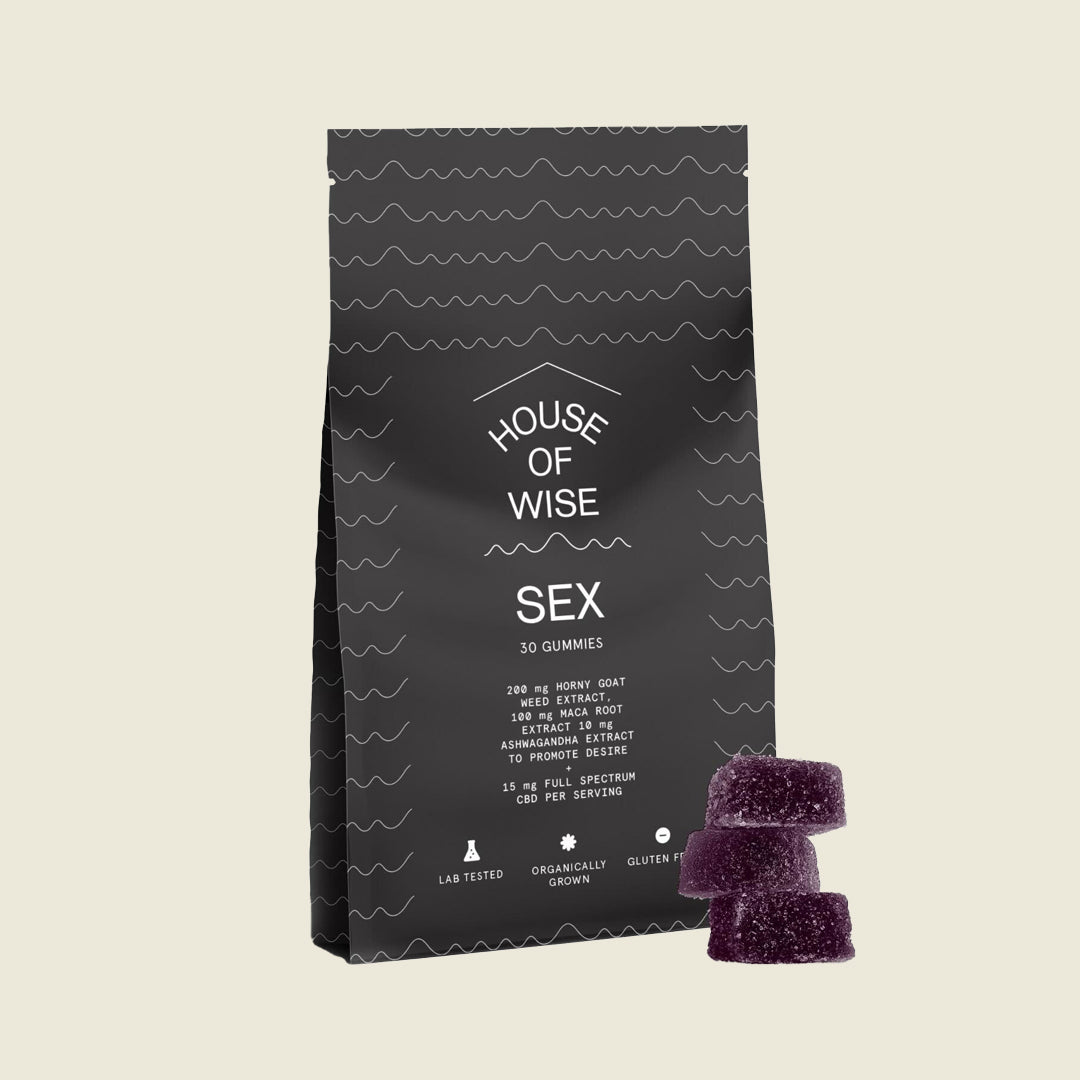

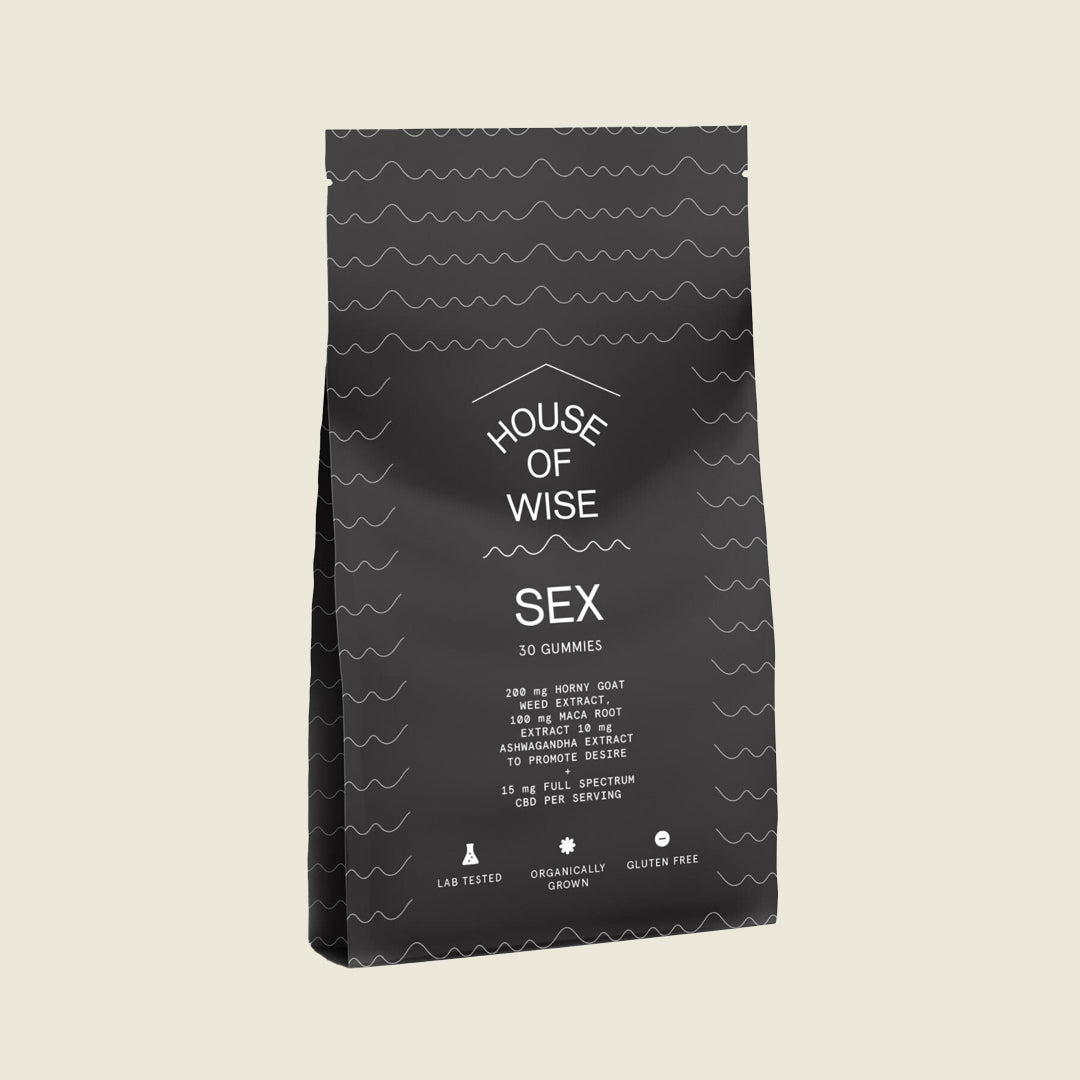
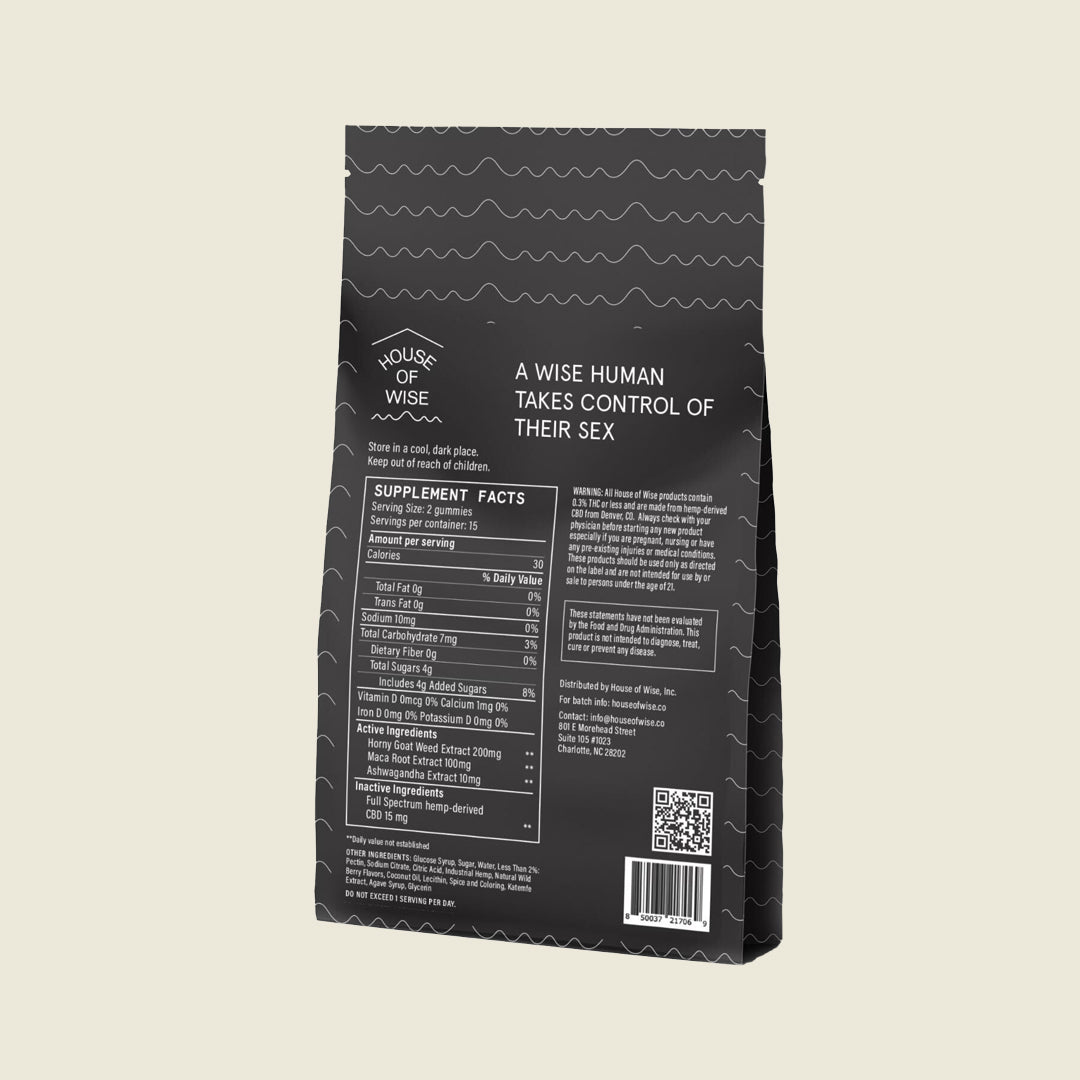

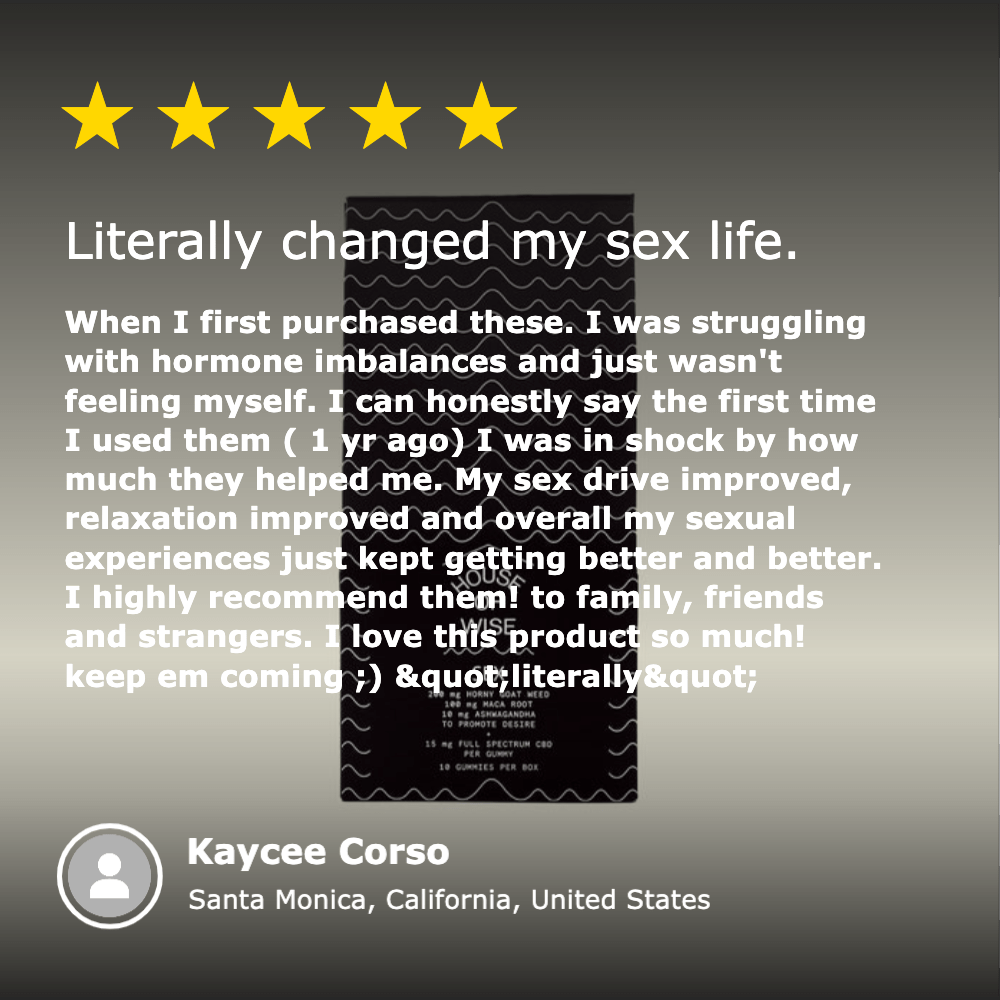
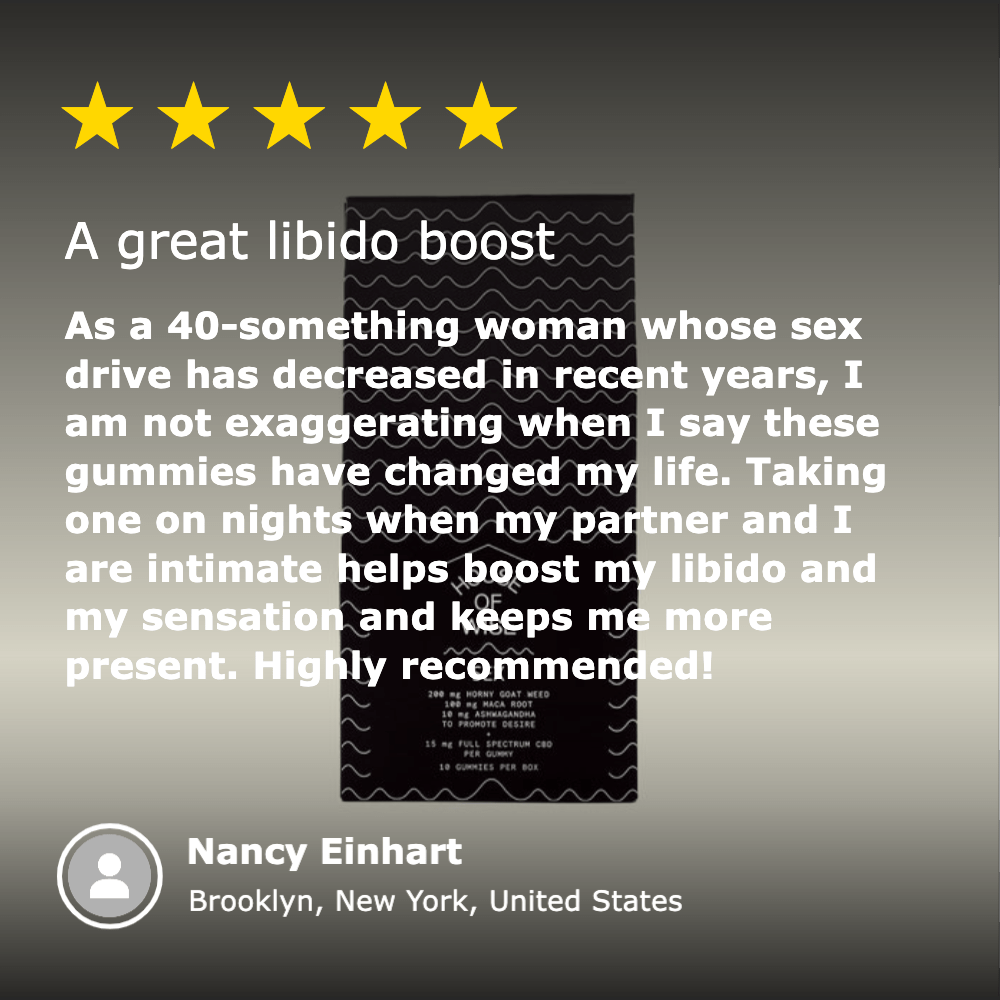
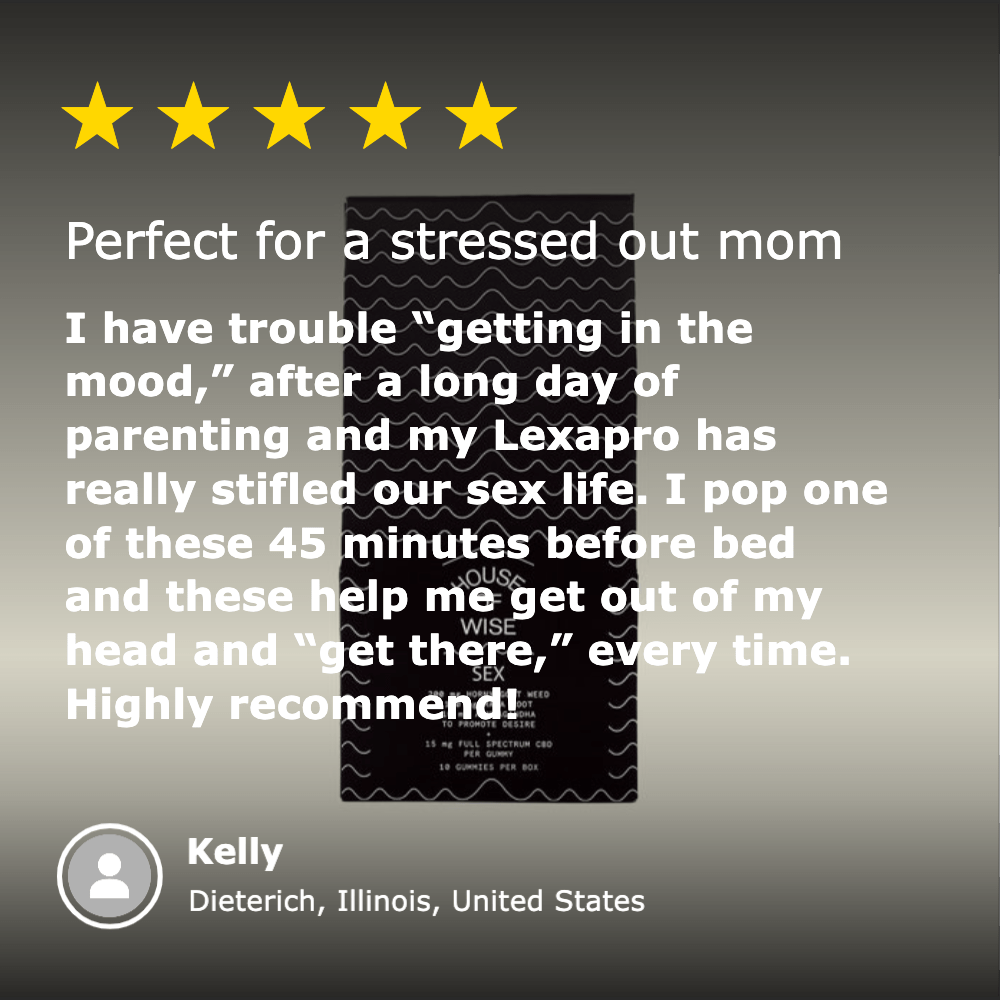

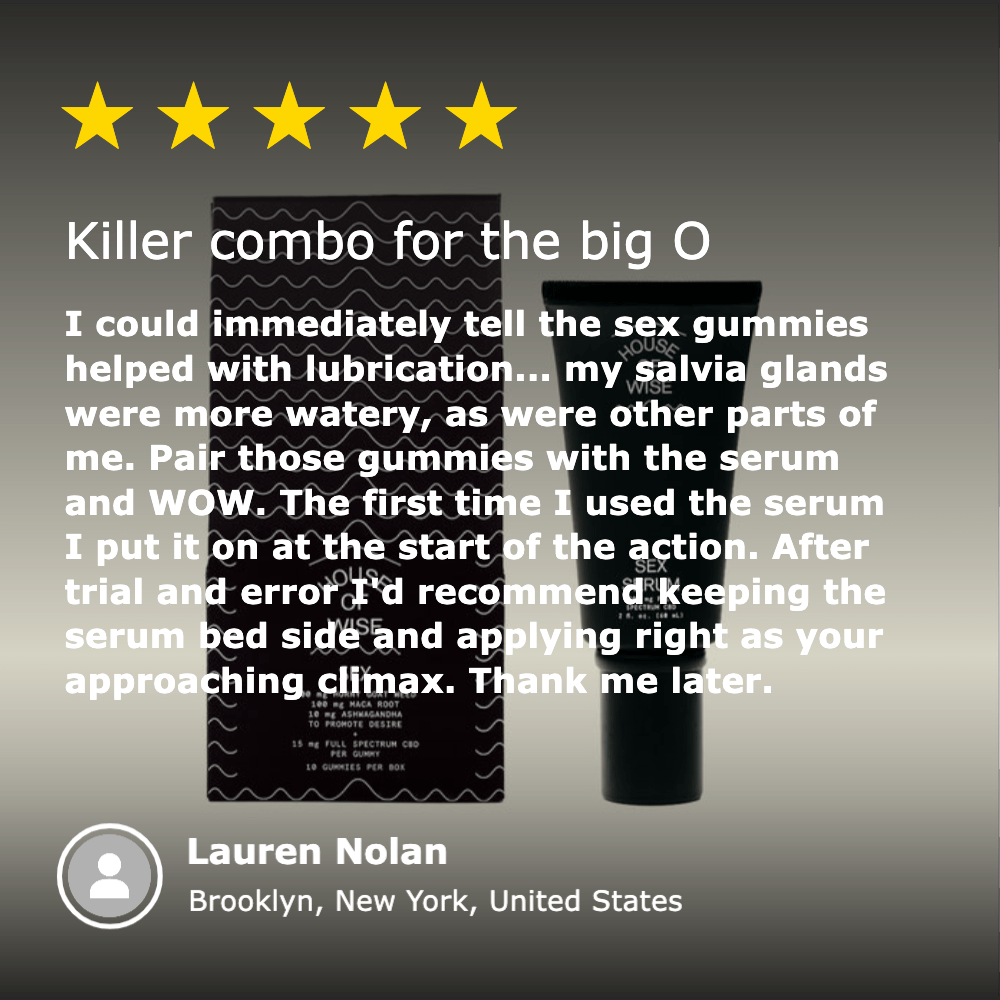
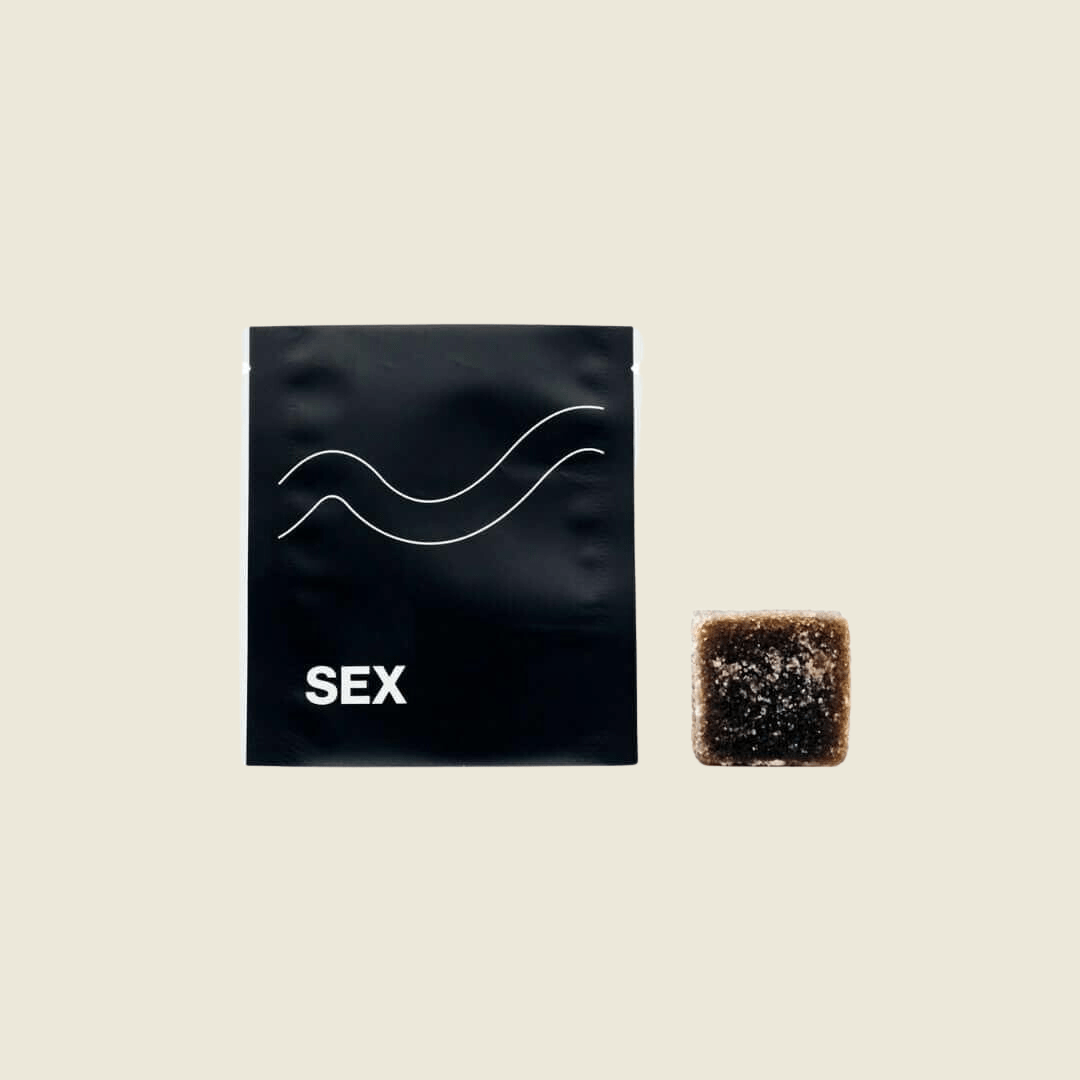
Over 100K+ Satisfied Customers




